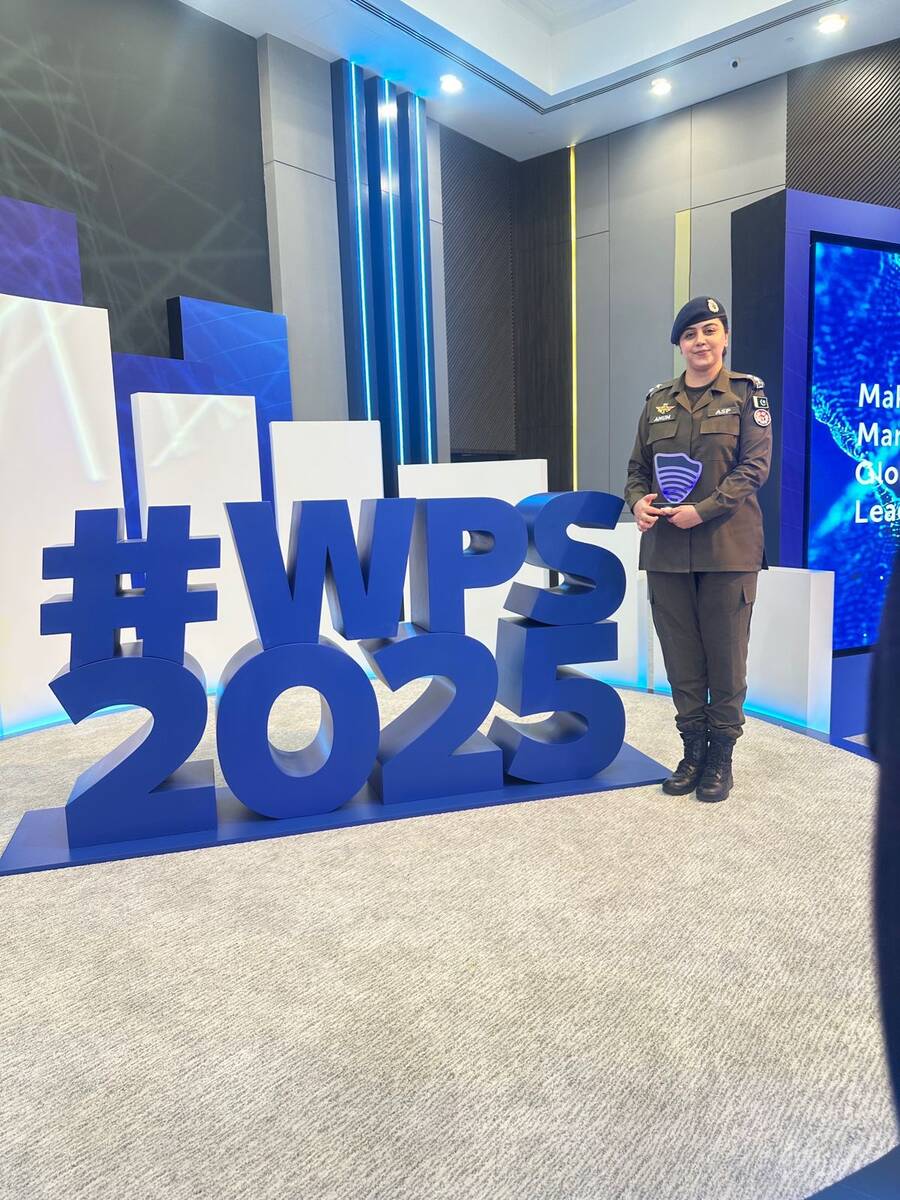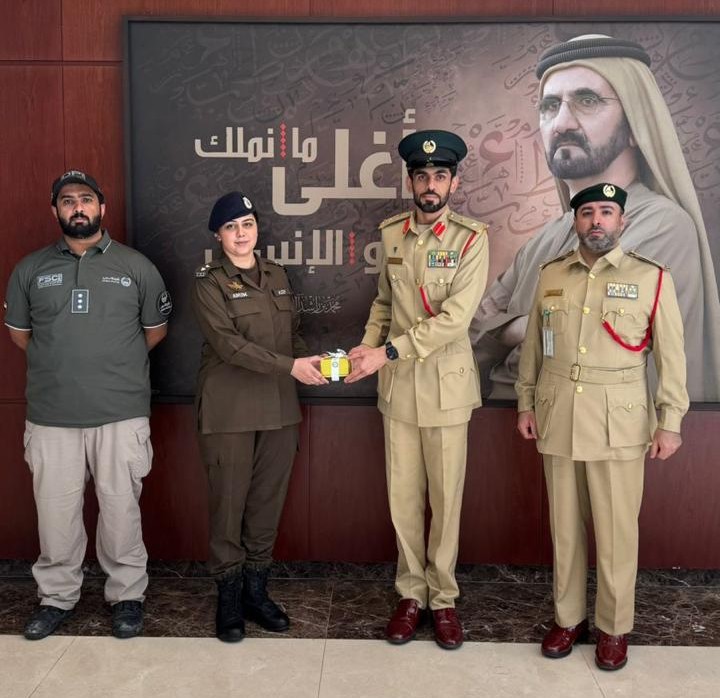QUETTA: Pakistani forces hunted separatist militants Tuesday who killed dozens when they pulled passengers off buses, blew up a bridge and stormed a hotel earlier this week.
Militants in Balochistan province took control of a highway and shot dead 23 people, mostly laborers from neighboring Punjab, and attacked the hotel and a railway bridge that connects Balochistan to the rest of Pakistan.
Security forces have been battling sectarian, ethnic and separatist violence for decades in impoverished Balochistan, but the coordinated attacks that took place in several districts throughout the province were one of the worst in the region’s history.
The sites hit were cordoned off Tuesday as the search for assailants went on.
“But no arrests have been made so far, and no additional militants have been killed,” provincial government spokesman Shahid Rind said.
Monday’s death toll includes 34 civilians and 15 members of the security forces, while the military said troops killed 21 militants.
Prime Minister Shehbaz Sharif said the attacks were “deplorable.”
“In Balochistan, the doors for negotiation are always open to those who believe in Pakistan and accept its constitution and flag,” he said Tuesday as he addressed a cabinet meeting.
The Baloch Liberation Army (BLA), the most active militant separatist group in the province, said it was responsible for the attacks. The BLA has in the past also targeted Chinese investment interests in the province.
Sharif said their “sole aim is to halt Pakistan’s progress, sabotage the development projects under the China-Pakistan Economic Corridor (CPEC), and create divisions between Pakistan and China.”
The BLA is waging a war of independence against the state, which it accuses of unfair exploitation of resources by outsiders in the mineral-rich region.
Pakistan’s close ally Saudi Arabia, which hosts a massive Pakistani migrant population, issued a statement condemning the attacks “in the strongest terms.”
Balochistan, which borders Afghanistan and Iran, is Pakistan’s poorest province, despite an abundance of untapped natural resources, and lags behind the rest of the country in education, employment and economic development.
The China-Pakistan Economic Corridor (CPEC) has seen tens of billions of dollars funnelled into massive transport, energy and infrastructure projects.
But the safety of its citizens is becoming an increasing concern for Beijing.
Baloch separatists have intensified attacks on Pakistanis from neighboring provinces working in the region in recent years, as well as foreign energy firms, including deadly attacks on Chinese citizens.
Punjabis are the largest of the six main ethnic groups in Pakistan and are perceived as dominating the ranks of the military.
Eleven Punjabi laborers were killed when they were abducted from a bus in the city of Naushki in April, and six Punjabis working as barbers were shot in May.
Kiyya Baloch, an analyst and former journalist tracking violence in Balochistan, said authorities are solely using force to suppress the two-decade conflict instead of seeking political solutions.
“This approach has led to increased retaliation from the youth and has caused the insurgency to gain momentum rather than diminish,” he told AFP.
“Never before have so many coordinated attacks occurred simultaneously across multiple districts of Balochistan,” he said.





















